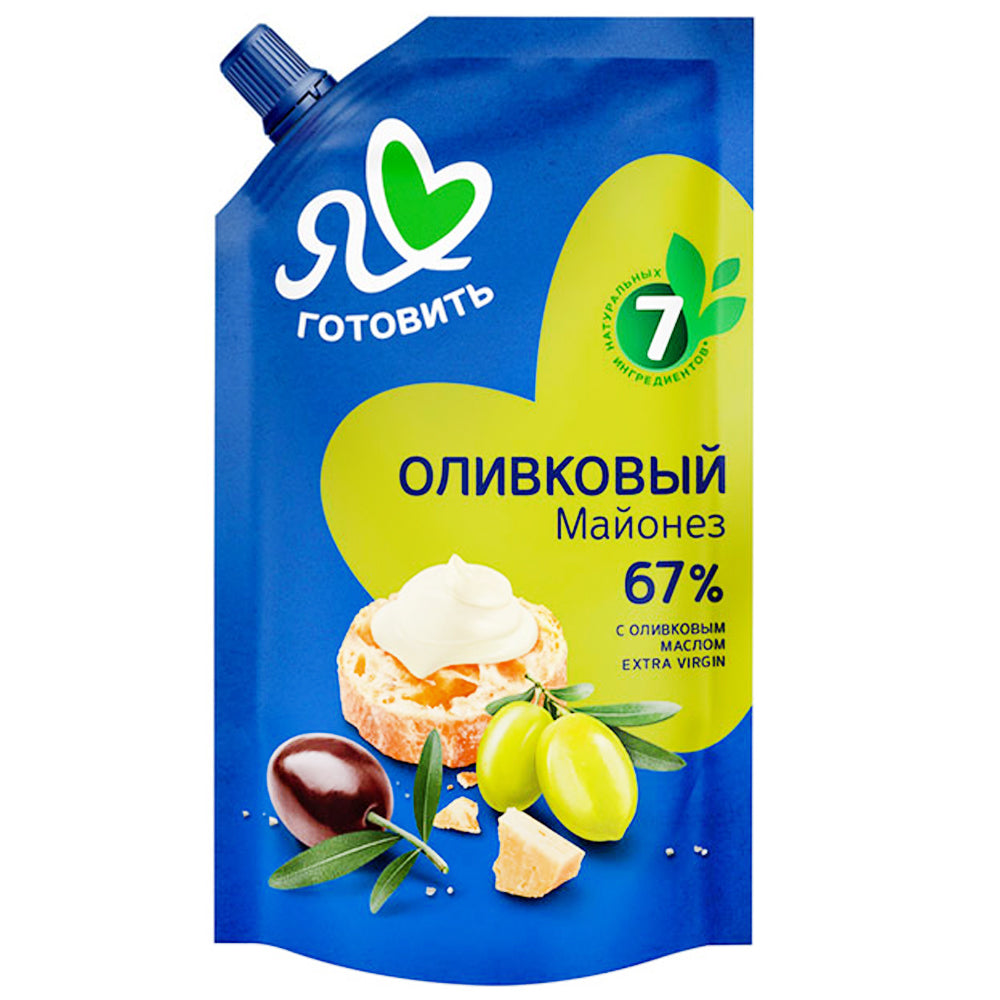Smart Ways to Optimize Your CrossFit Diet in 2025

Smart Ways to Optimize Your CrossFit Diet in 2025
The CrossFit community is continually evolving, and so is the approach to nutrition. A well-structured CrossFit diet is not just a trend; it’s essential for optimizing performance and achieving fitness goals. Whether you're competing, aiming for weight loss, or seeking to build muscle, understanding CrossFit nutrition in 2025 can make a substantial difference.
Integrating high protein meals, mastering meal prep for CrossFit, and emphasizing clean eating are fundamental components to support your training regimen. This article will provide you with actionable tips and strategies to enhance your CrossFit diet, including meal timing, hydration strategies, and practically applying the latest in nutrition science.
Key takeaways will include how to tailor your diet with macro counting, the role of dietary supplements, and effective pre and post workout strategies. Let’s dive into optimizing your CrossFit journey through nutrition!
Understanding Macronutrient Breakdown for Optimal Performance
Building on the basics of nutrition, understanding the macronutrient breakdown is crucial for CrossFit athletes. Ideal nutrition should balance carbohydrates, proteins, and fats, ensuring you fuel your workouts effectively. Each macronutrient plays a specific role in your overall performance.
Carbohydrates: The Primary Fuel Source
Carbohydrates for athletes are essential for maintaining energy levels during intense workouts. CrossFit requires high bursts of energy, and incorporating healthy carbohydrate sources like sweet potatoes, whole grains, and fruits can significantly aid in performance. Aim for nutrient-dense carbohydrates that provide sustained energy rather than simple sugars that lead to spikes and crashes.
Proteins: Building Blocks for Recovery
Protein is paramount for muscle repair, especially post-workout. Incorporate lean proteins such as chicken, fish, and plant-based options for a gluten-free diet. Consuming sufficient protein through high protein meals and protein shakes helps in muscle recovery and maintenance, promoting muscle gain during CrossFit training.
Fats: The Essential Nutrient
Don’t shy away from incorporating healthy fats into your CrossFit diet. Foods rich in omega-3 fatty acids, such as avocados and nuts, not only bounce back from workouts but also help reduce inflammation. Balance your intake of healthy fats to optimize energy and support overall health.
Meal Prep for CrossFit: Strategies for Success
With a clear understanding of macronutrients, let’s explore meal prep for CrossFit, essential for maintaining a nutritious diet amidst a busy lifestyle. Planning your meals ensures you stay on track and avoid unhealthy options during hectic days.
Creating Balanced Meal Plans
Your meal plans should reflect the macronutrient balance you've learned. Focus on CrossFit meal plans that incorporate a variety of proteins, carbohydrates, and fats. Using meal prep containers can assist in organizing your meals for the week, ensuring you have quick access to healthy options. This will not only save time but also reinforce good nutritional habits.
Incorporating Variety and Flavor
Meal diversity keeps your diet enjoyable and nutritionally complete. Experiment with CrossFit recipes from various global cuisines to keep your palate excited. Incorporate seasonal foods to enhance your meals with fresh ingredients, providing essential vitamins and minerals.
Strategic Snacking and Meal Timing
Healthy snacking is a crucial element of meal prep. Include high energy snacks that cater to your specific needs, such as energy bars or smoothies rich in nutrients. Planning your meals with meal timing can optimize nutrient absorption, providing energy before workouts and replenishing your body afterward.
Hydration Strategies for Peak Performance
Next, let’s address the importance of hydration strategies to support your CrossFit diet. Maintaining adequate hydration levels is vital for performance and recovery.
The Role of Water in Performance
Water is an essential component for athletes. Proper hydration supports metabolic processes and enhances physical performance during CrossFit workouts. Aim to drink water consistently throughout the day, focusing on hydration before, during, and after exercise. You may need to adjust your water intake based on training intensity and duration.
Electrolytes: Beyond Just Water
During prolonged heavy workouts, you may lose essential electrolytes through sweat. Incorporate electrolyte drinks or coconut water post-workout to restore balance. Understanding your body’s hydration needs can help improve performance, particularly in hot environments or during intense training sessions.
Mindful Drinking Techniques
Employing mindful eating practices means being aware of your body’s hydration signals. Set reminders to drink water, especially if you find yourself focused on workouts. Calendar reminders can effectively establish a healthy routine that includes designated hydration times throughout the day.
Supplement Recommendations for CrossFit Athletes
Finally, let’s discuss the role of dietary supplements in optimizing your CrossFit journey. Supplements can complement your diet by enhancing recovery, performance, and nutrient intake.
Vitamin and Mineral Essentials
Vitamins and minerals play crucial roles in energy production and overall health. Aimed at optimizing your performance nutrition, consider including multivitamins or individual supplements as needed. Consulting with a healthcare provider is pivotal to determine what might be beneficial for you.
Protein Supplements as Convenience
For those struggling to meet protein requirements, protein shakes can serve as a convenient post-workout meal. Whether whey or plant-based, select a reliable brand that fits your dietary needs. Being consistent with post-workout nutrition positively influences muscle recovery and growth.
Exploration of Nutritional Aids
Investigate other dietary supplements, such as branched-chain amino acids (BCAAs) and creatine, which may promote recovery and performance in CrossFit training. Understanding your body’s unique requirements allows you to tailor supplementation to boost your performance effectively.
Frequently Asked Questions About CrossFit Nutrition
1. What are the best foods for a CrossFit diet?
Focus on lean proteins, wholesome carbohydrates, healthy fats, and nutrient-dense vegetables. Incorporate a variety of foods to maintain balance and flavor.
2. How do I optimize my pre-workout meals?
Eat a combination of carbohydrates and protein about 30-60 minutes before working out to provide energy and support muscle function.
3. What should I avoid in my CrossFit diet?
Avoid processed foods, sugary snacks, and excessive amounts of simple carbohydrates. Emphasize whole foods for better performance and health.
Conclusion
Achieving optimal nutrition in CrossFit requires a proactive approach. By understanding your macronutrient needs, formulating effective meal prep strategies, and incorporating hydration and supplements, you can enhance your performance and achieve your fitness goals. Stay dedicated to making informed dietary choices that support your journey in the CrossFit community.
 example.com/image2.png
example.com/image2.png
 example.com/image3.png
example.com/image3.png